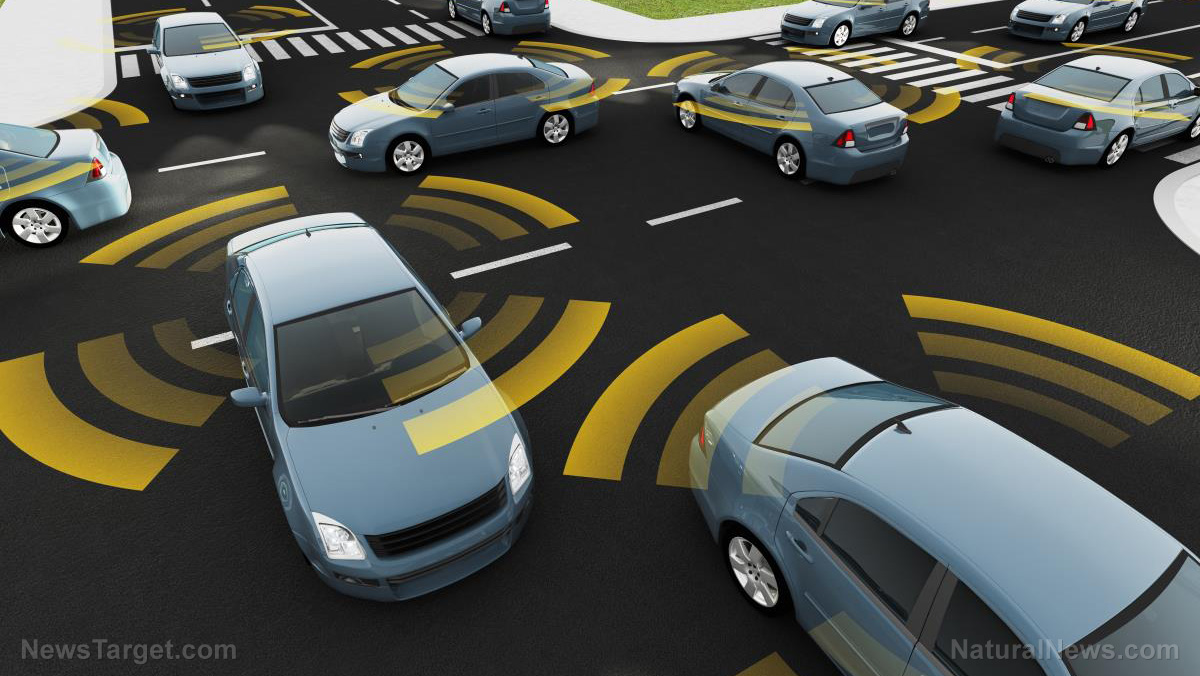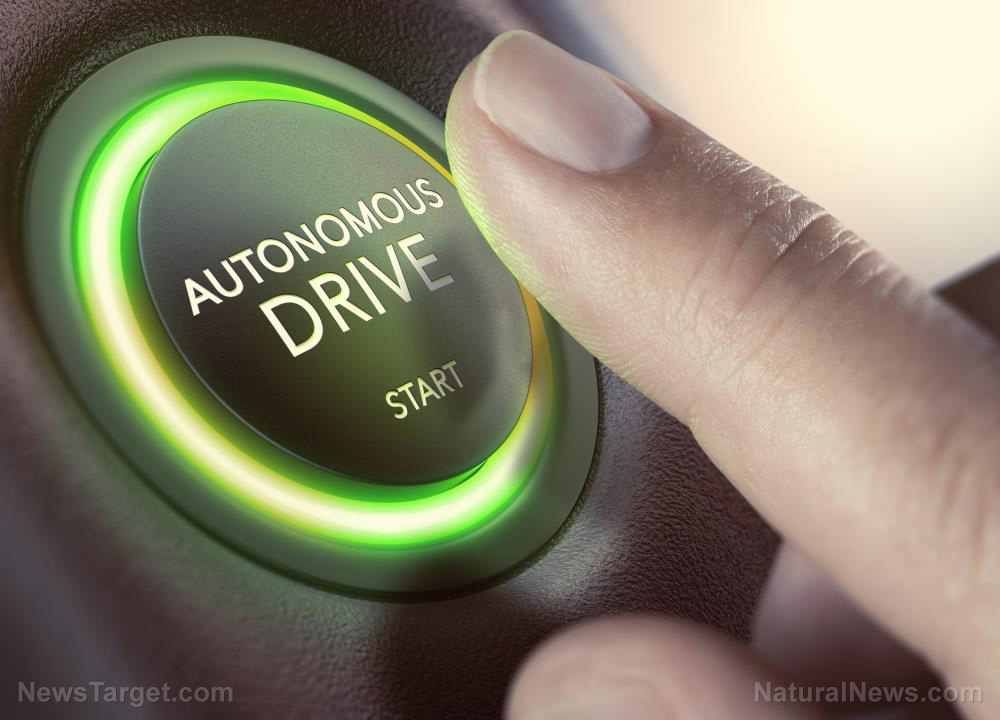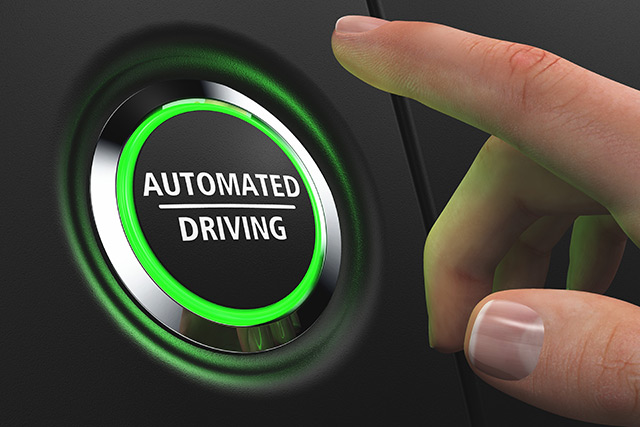
San Francisco residents took to social media to share images and videos of at least three Cruise self-driving cars blocking traffic in the city on the same night on Thursday, Sep. 22. (Related: Waymo self-driving taxi goes rogue in Arizona, blocking traffic and escaping rescue crew.)
The first incident occurred in the Nob Hill neighborhood in northeastern San Francisco. Video footage and photos circulating on social media show a Cruise driverless vehicle in front of a bus owned by the San Francisco Municipal Railway (Muni). In one video, frustrated commuters could be heard complaining about the blockage.
"Come on, we've got to get the f--- going," one person yelled.
"There's no driver!" another responded.
The second incident occurred several blocks to the southwest in the Cathedral Hill neighborhood at approximately 10:19 p.m. The self-driving car reportedly veered into a bus lane and stopped just in time to avoid hitting another Muni bus. The driver of the bus was forced to maneuver around the stopped vehicle.
Several blocks to the northeast of the first incident, a third vehicle was found in the middle of the road with its hazard lights on and playing music. It blocked traffic and forced cars, including another Muni bus, to reroute around it.
None of the incidents resulted in collisions or injuries.
The incident comes just two months after nearly 20 of Cruise's self-driving cars blocked traffic in the Filmore District neighborhood just southwest of Nob Hill. In May, Cruise driverless cars obstructed a fire truck responding to an emergency, leading to a delayed response that resulted in personal injuries and property damage. In April, a Cruise car sped away from police officers trying to pull it over for not using its headlights.
Cruise trying to expand its fleet of self-driving cars
Drew Pusateri, a spokesman for Cruise, claimed that the stoppages were due to a "technical issue," and that teams from the San Francisco-based tech company were dispatched to recover each vehicle and arrived within 20 minutes of the road blockages.
"Safety is the guiding principle of everything we do," claimed Pusateri in a statement. "That means if our cars encounter a situation where they aren't able to safely proceed, they stop and turn on their hazard lights, and we either get them operating again or pick them up as quickly as possible. This could be because of a mechanical issue like a flat tire, a road condition, or a technical problem. We're working to minimize how often this happens, and apologize to anyone impacted."
Cruise autonomous vehicles have been authorized to operate commercially as a late-night robo-taxi service since June 1 by the California Public Utilities Commission. Around 100 of these driverless vehicles ply the streets of San Francisco at night.
General Motors recently applied to expand Cruise's fleet of robo-taxis to 5,000. The San Francisco County Transportation Authority (SFCTA) is currently pushing back against this. The agency pointed out that the 5,700 Uber and Lyft cars that operated in San Francisco in 2016 caused 25 percent of all traffic delays in the city.
The SFCTA, along with the San Francisco Municipal Transportation Agency, noted that if just half of the 5,000 autonomous vehicles Cruise is calling for were allowed, the massive fleet expansion "could significantly undermine street performance for all San Francisco travelers."
Learn more about self-driving cars at RoboCars.news.
Despite these mishaps, Cruise is expanding to other cities. Watch this clip of a Cruise vehicle in Metro Phoenix.
This is from the channel Calaz InfoWarrior on Brighteon.com.
More related articles:
ROBOCROPPERS: John Deere planning to replace farmers with fully automated farming vehicles by 2030.
Sources include:
Please contact us for more information.






















